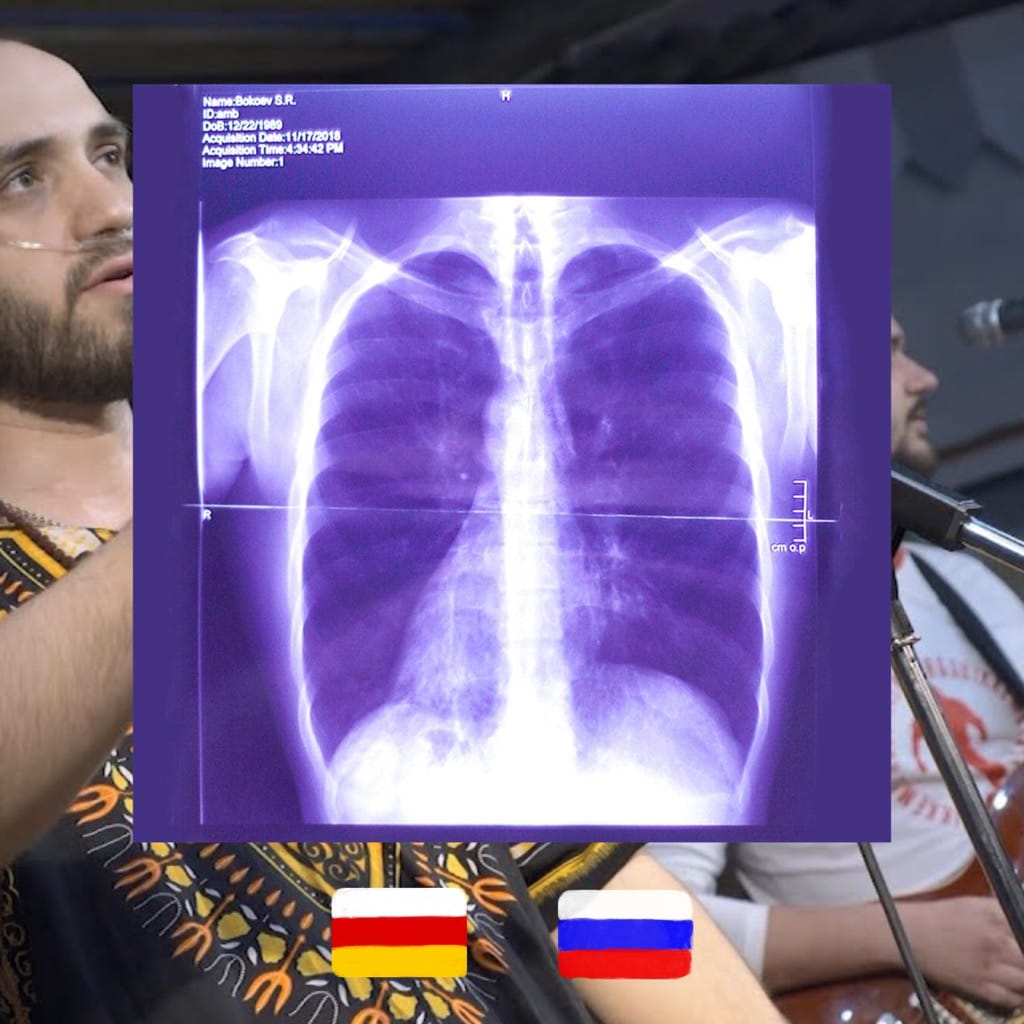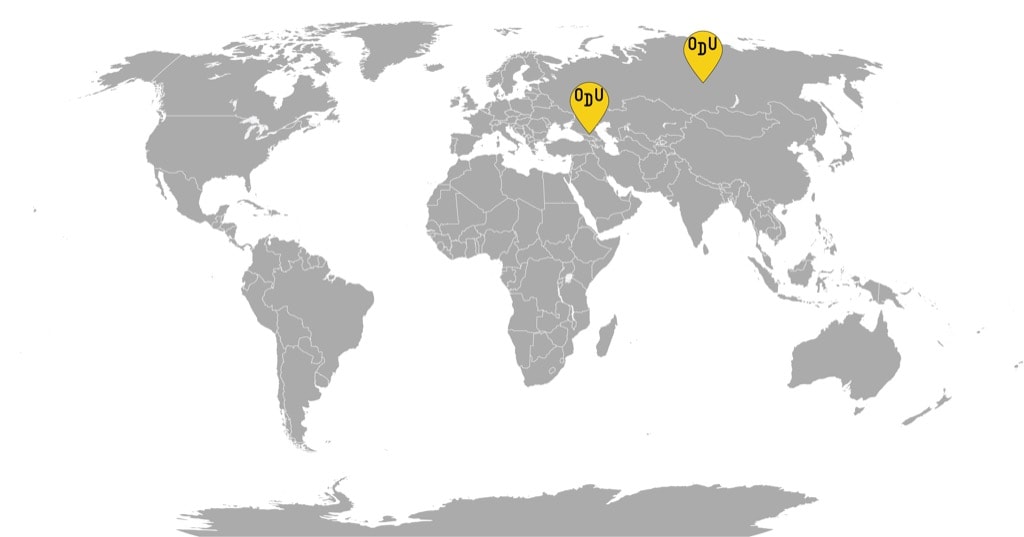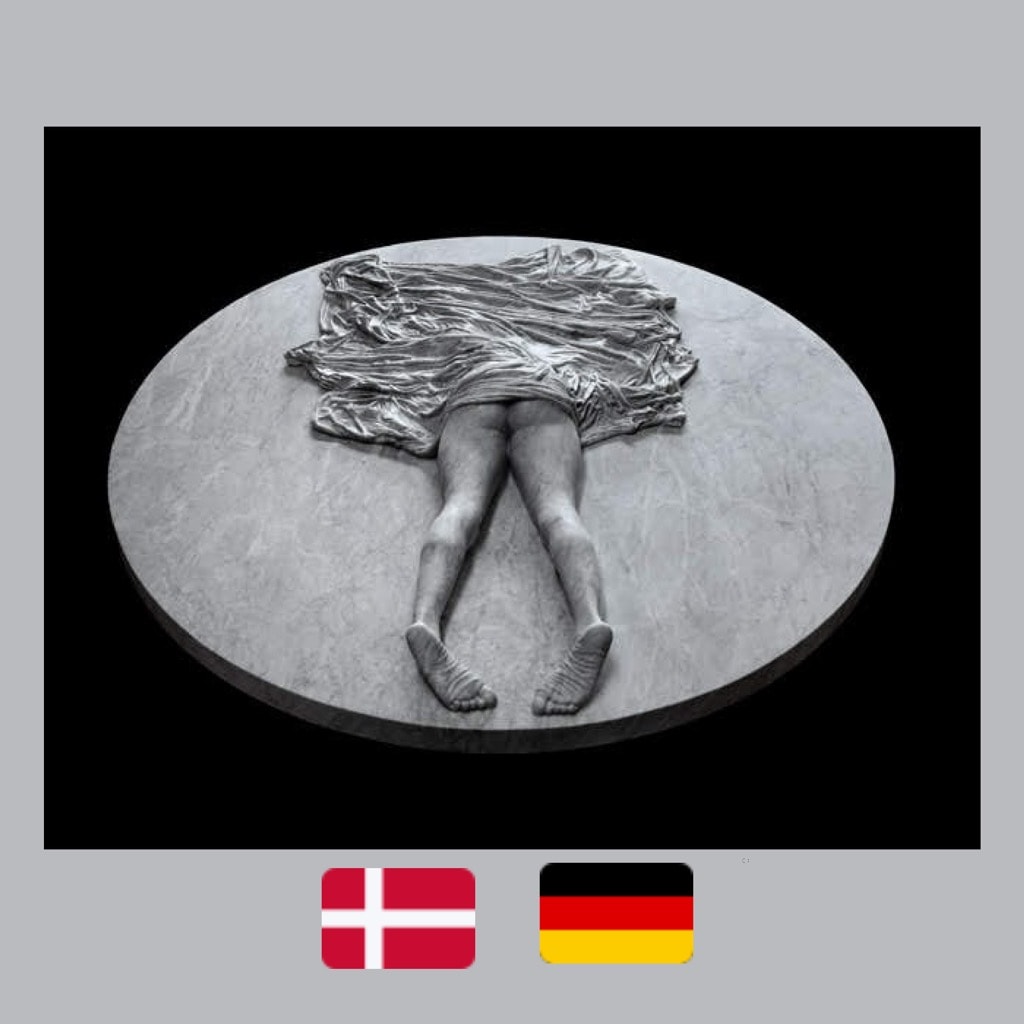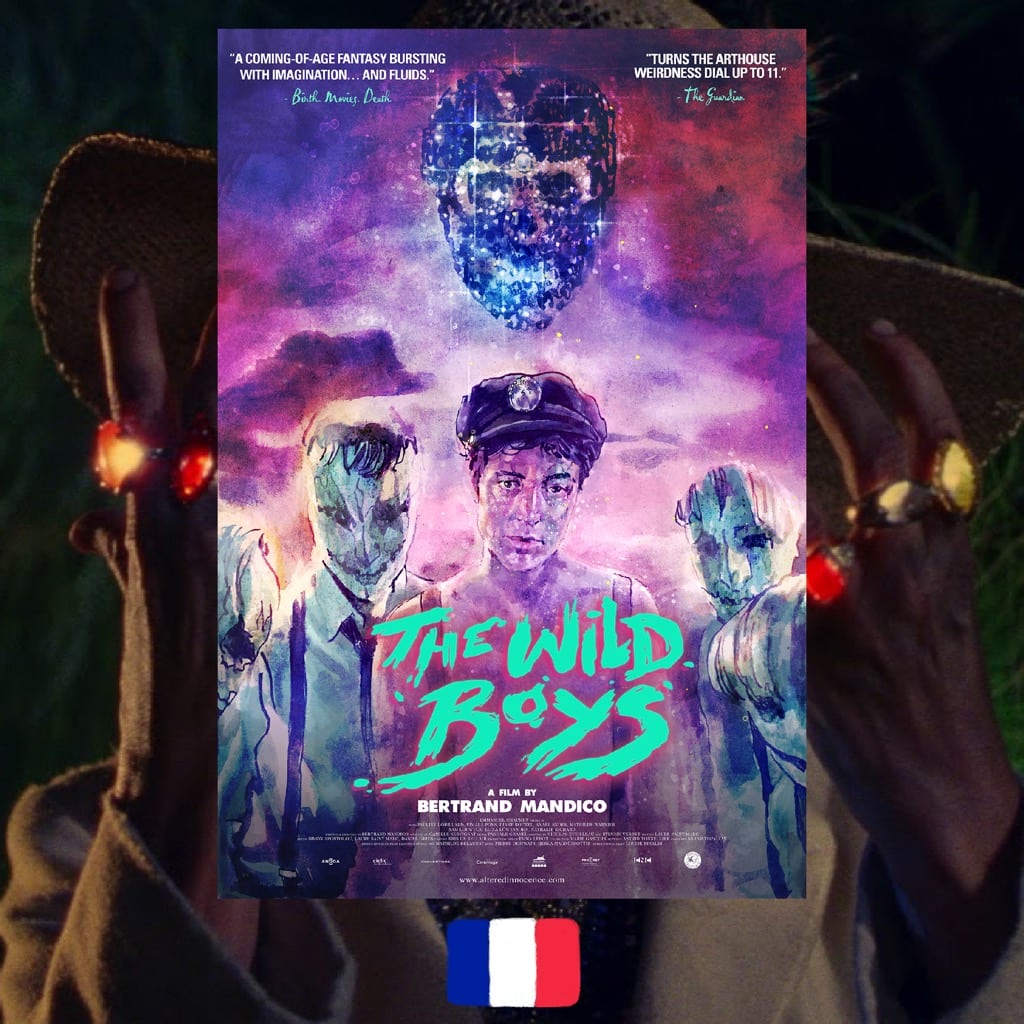A survivor of the Beslan school siege and chronic illness creates soulful hip-hop about love, faith, and perseverance, blending Moscow moodiness with Caucasus mountains flair



FROM NORTH OSSETIA and RUSSIA
WHAT’S GOING ON: Stas Bokoev was about to start the first day of the 8th grade one the 1st of September 2004. That day his school in Beslan, South Ossetia, was taken hostage by a group of armed radical militants and subsequently stormed by Russia’s special forces. His brother died in the school, while Stas, after three days in hostility, was severely injured in the neck by an explosion. After he was extracted from the building, Stas was considered dead by the doctors, who couldn’t find his heartbeat, due to his situs inversus, a condition that causes mirrored organs, and regained consciousness after already having been placed in a body bag. But recovery from the trauma, which almost claimed his vocal cords, did not become Stas’s last challenge. Later on, due to the pneumonia caused by situs inversus, he had to face lung failure. Initially, Stas wanted to dedicate his life to the pursuit of fighting terrorism, but various humanistic experiences, including a trip to Cuba, changed his mindset. Now he goes by the stage name Indi, lives in Moscow and makes music. “Perviy” is his first album.
WHAT IT SOUNDS LIKE: Indi makes smooth pop-hip-hop with reggae, funk, and jazz influences evident. A particular standard for melodic hip-hop in the post-Soviet space was set in the early 2000s, and it involves a take on vocals that’s stylized after early reggae singing style: think Jimmy Cliff on “The Harder They Come”. I’ve always been wondering why it came to be like that, but I don’t believe there is any research on the subject. And I don’t quite think that the similar timbres can be found in Western hip-hop: there, the usual path of introducing reggae vibes is through riddim and toasting. What’s created is more heavy, flavorful, and temperamental. Indi’s music is very mild, tender even, even though he raps quite assertively and doesn’t sugarcoat his messages. Perhaps the closest Western comparison would be Common, another rapper concerned with matters of growth and spirituality, although I also draw parallels to Drake. Although of course Indi doesn’t yet have access to the technical abundance to make his music quite as advance (or the huge teams of producers, rather), he does manage well enough with minimal or acoustic backing, especially in “Свобода”, where the mesmerizing back vocals create an almost gospel experience.
WHY DO WE CARE: Russian and colonial rap is abundant, fascinating, and diverse in themes, styles, but not ethnicities. The majority of performers are Russian or Russian-Jewish, with a few exceptions who none the less never emphasize their otherness. Indi is outstanding in the fact that while he seems to identify as a big city of Moscow rapper, he still differentiates himself as a product of “Southern” culture. And while he doesn’t use any sort of folk influences in his music (at least, if you don’t count US & Jamaica’s ones), his breathy, peppery accent,—which, by the way, remains heavily imitated by mainstream rappers of Slavic extraction because they know it just sounds better,—and charming turns of phrase in the Caucasian vernacular, make his music unique, engaging, winning. I’ve never had a comfortable relationship with mainstream rap from Russia, perhaps because I often end up smelling artifice and imitation, so I usually listen to politicized indies. But there is an utter lack of duplicity in Indi’s music —and due to all the liminal experiences of his life, he doesn’t seem like an imposter when participating in the culture of hip-hop. This is what makes the young rapper worthy of appreciation and one to watch out for.
WHY YOU SHOULD LISTEN: The events of September 2004 were pivotal to how Russia and its colonies have existed in the years following the hostage crisis. The handling of the situation by the special forces has been widely criticized, and led to the consolidation of Vladimir Putin’s highly secretive, authoritarian government, while the act of taking hostages itself severely dampened the chances for Chechnya’s remaining hopes for self-determination. But the broader implications also coexist with the utter, complete desolation that the school siege brought to the city of Beslan, just below 40K in population: hardly anyone in the city was untouched by the tragedy. Therefore to see a musician emerge from the embers with a heart full of love, faith and music is very reassuring. I can’t count the times I’ve been exposed to art created in defiance of the Holocaust, but with the world’s more recent tragedies, it’s too easy to give in to the narrative of loss, because we don’t get to see too much of humanity soaring. I’m always thankful for films that show personal approaches to wars and catastrophes, but it’s not as frequent in music. “One thousand times I will write that this day cancels out all the sunsets, and that time’s running out,” Indi raps about the three days in his childhood that changed his life forever. “But every time tears from my eyes will bring about something sublime.” And it does, indeed. Indi is a talented musician, as well as a cerebral, earnest poet who is unafraid to lay bare his shortcomings, reflections, and aspirations. He doesn’t dwell on his past and present misfortunes, but also doesn’t whitewash them: one track starts with coughing, while the cover for the album is an X-ray of Indi’s lungs. Lungs that are so weak at times that he has to perform with an oxygen tank by his side, but not enough to limit Indi’s force of spirit.
For more content like this sign up for our weekly newsletter
LISTEN TO INDI – LOVA














